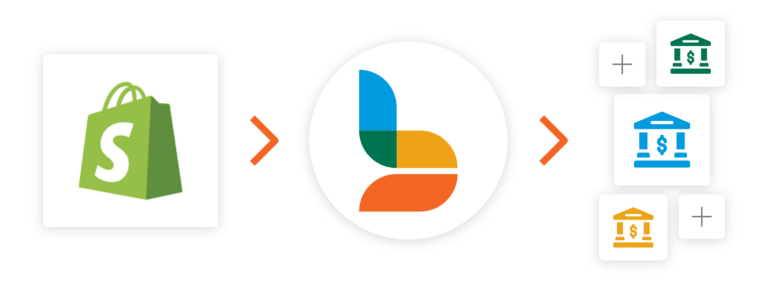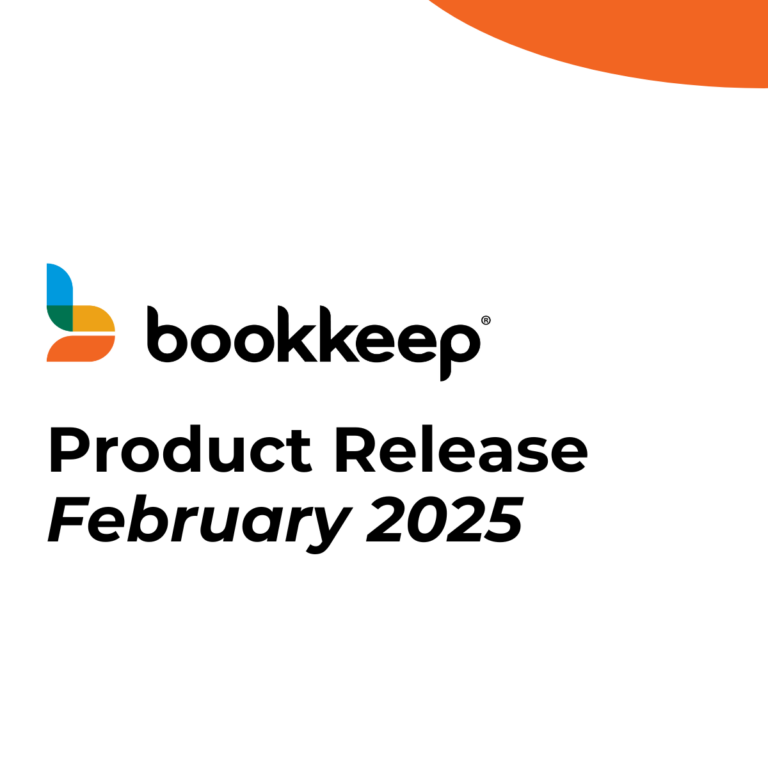Balance accounts are the connective tissue that allows all the other elements like the accrual method, daily sales, sales platforms, and bank feeds, to work best – all while that data is also brought together through balance account magic.
What we mean by “balance accounts”
Balance Accounts, sometimes called ‘clearing accounts’, are really just what they sound like – accounts whose sole purpose is to help two separate sets of data balance against each other (ie: cancel each other out). How balance accounts do this is by keeping the reconciliation of these data elements separate from all the other noise – like everything else in the bank reconciliation, for instance. This makes it much easier to evaluate how these data sets are matching up. It even can provide insights in between reconciliations!
If you read our perspective on the accrual method and daily summaries by platform, and their roles in Bookkeep’s structure, then you have heard us mention balance accounts. For those who haven’t, here is how things work inside Bookkeep:
How Bookkeep records data in the general ledger:
- Sales data is booked as a summary for the day, each day, automatically
- There is a separate daily summary for each sales platform connected to your general ledger through Bookkeep
- All entries are dated according to the sales date being summarized
What Bookkeep records in the general ledger:
- Sales as a gross number, refunds, discounts
- Broken out sales taxes collected or withheld, fees, chargebacks, loan payments, etc
- Expected deposit/s recorded in a balance account and consolidated by type where possible (credit card payments, third party processors, cash, etc)
The truth is the last step could just as easily read “expected deposit/s recorded in the bank account of your choosing…” Bookkeep would still automatically enter your information – according to accrual method and as a daily sales summary broken down by platform. As advertised. In fact, not much on our side would really change. And all your data would be in the bank account ledger, waiting to match to actual deposits when they occur. As promised.
So then why are balance accounts necessary, let alone the unassuming workhorses of our programming? Because it’s not about our experience, it’s about yours.
It’s simple. Without balance accounts all the detail and precision and automation in the world wouldn’t matter, because using Bookkeep for actual bookkeeping would be anything but simple, detailed, precise, or automated. Here is why:
Balance accounts narrow the scope of reconciliations.
Typically the ‘balance’ that you are hoping to achieve between elements in a balance account is zero. So if all of your expected credit card sale deposits were booked to a balance account, then when the credit card deposits hit the bank, they are booked to the same balance account. You then match up expected deposits to actual credit card deposits. Ideally, these continue to cancel each other out, meaning the running reconciliation is always just a few deposits away from zero.
This process is relatively simple when everything in the account you are reconciling relates to a corresponding match in the same account. But when expected credit card deposits are booked to the bank account with all other bank transactions, the experience isn’t nearly as focused. And any mismatch can hold up your entire bank reconciliation. This isn’t uncommon – especially since most platform deposits arrive with all kinds of things already deducted.
In short, keeping reconciliation relatively simple by providing a focused account is a vital part of what makes Bookkeep useful.
Balance accounts harness the benefits of detail.
We know that detailed approaches to booking sales, like daily sales summaries by platform, is vital to getting a better look at how your business is doing. It gives your profit and loss accounts more flexibility in sales and expenses reporting and more insights on how they relate to real world decisions and events.
Balance accounts bring the benefits of increased detail into your balance sheet reporting. They effectively become a running total of your financial status. If you can easily see what deposits might be coming in soon, you can plan your cash flow better.
But Bookkeep goes a step further. Each platform gets its own balance account. This means that each platform’s expected net deposits, sales, adjustments etc are all booked to a balance account separate from that of other platforms you may also have connected. This makes it much easier to spot when something is amiss and track down the details.
Balance accounts protect your data’s precision.
As mentioned above, we utilize a separate balance account for every platform you connect.
One of the major things Bookkeep solves is somewhat of an open secret – the no-win situation bookkeepers often find themselves in when dealing with ecommerce clients. Doing things the best way means more detail, more entanglement, and more work for them. And, it is rarely cost effective when done manually for smaller clients.
To remain profitable, compromises are made in the data set – all to spend less time booking data and making reconciliations more straightforward. A lot of detail is lost to consolidation.
If Bookkeep was to provide users with all the detail they need automatically, and a balance account reconciliation to address deposits, without also providing a way to ignore data by platform when it comes to reconciling? Well, that would be just swapping one headache for another.
Bookkeep protects the detail you pay for and the simplicity we promise by making sure you can be precise in your approach to the data. Balance accounts for each platform are pivotal to this. Without them, each time you connect another platform, your reconciliation of the one balance account used would be that much harder. What is the point of separating all that data from the bank account so reconciliation is easier, only to dump it all somewhere else unsorted? Without balance accounts by platform, the balance accounts don’t solve anything – especially for a business that is growing.
So we protect your precision by creating a balance account for every platform you connect. And we create the balance accounts automatically when you connect it. All so your ability to focus with precision remains intact as you grow.
Balance accounts keep the ‘mate’ in ‘automated’.
What balance accounts do for those who use them really comes down to time and energy spent. No one wants to pay a monthly fee for a solution that is really just a blind data dump on repeat. You end up spending what you saved to untangle the mess. This is why we love balance accounts. Automatic doesn’t mean anything if it just creates new busy work for you.
By definition, an automated tool is going to have rules it operates by. Things will happen that exist outside of those protocols. Bookkeep is no exception. But just because we cannot automate for every eventuality, or for every conclusion that should be drawn, it does not mean we cannot automate structures that help YOU to deal with these things more clearly. In this way, Bookkeep IS the exception.
We built our balance accounts structure to act like a kind of bookkeeping scoreboard. It allows you to better see the big picture at a glance. They give you a window into your cash status – what’s right, and what might be wrong. All independent of reconciliation.
Conclusion
Our use of balance accounts makes Bookkeep the kind of teammate that can automatically and repeatedly execute a great pass. We hand off the data in the way you need so you can make the play only an expert can execute.
In the end, your clients win because you are set-up to advise them well.




